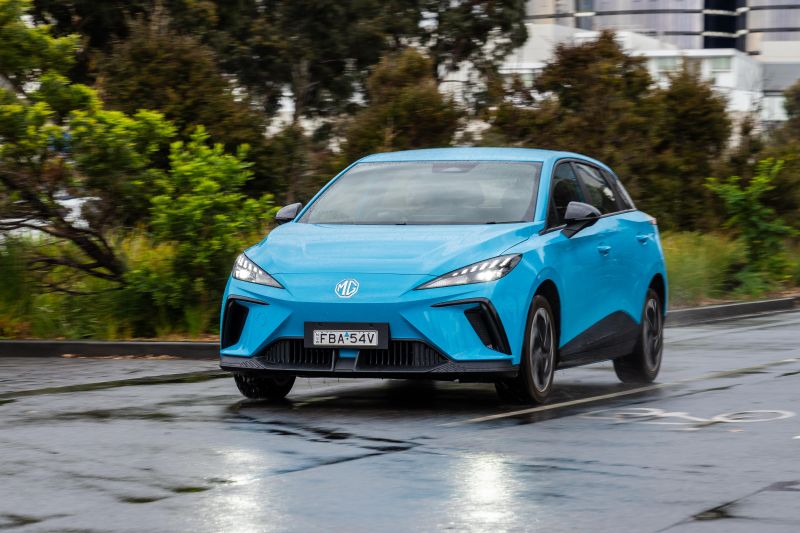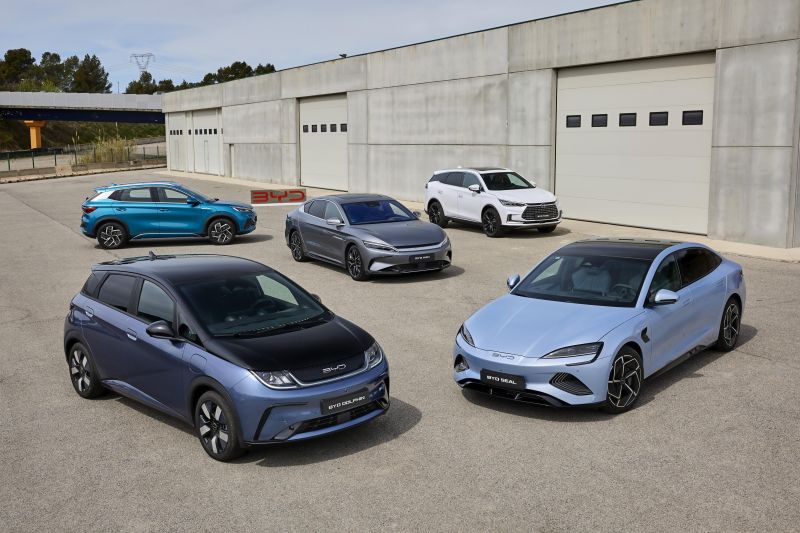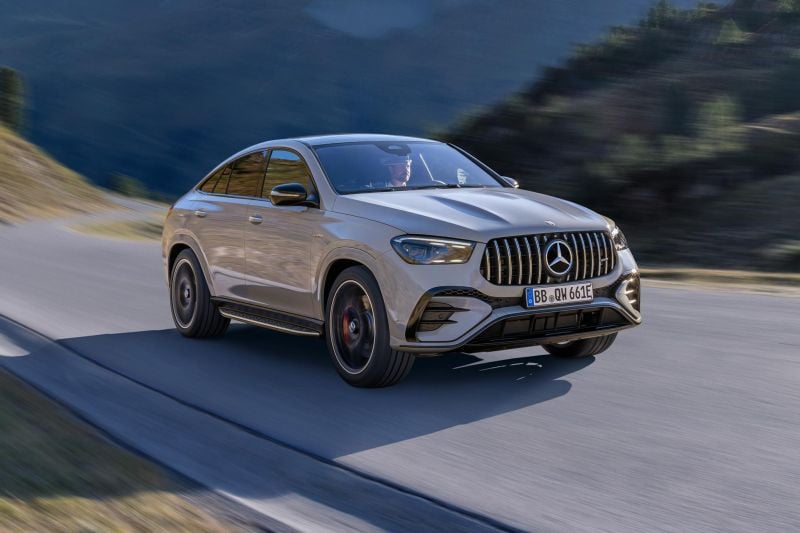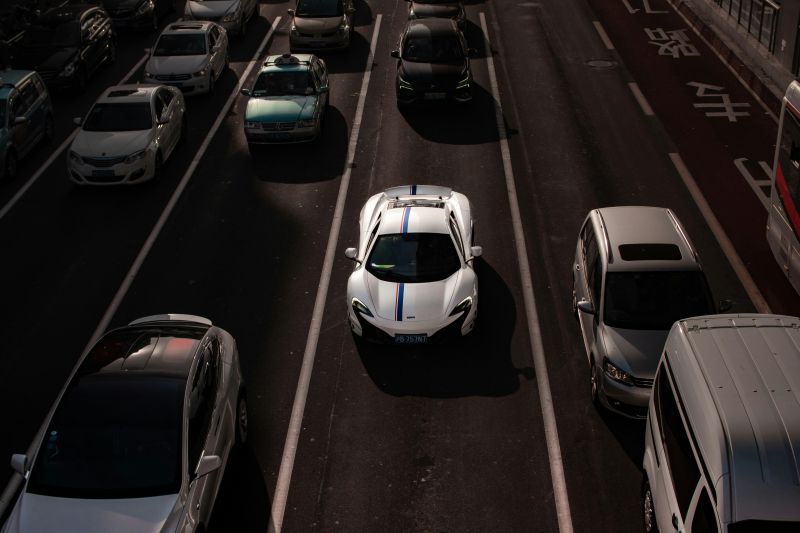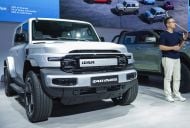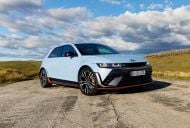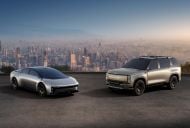Chinese carmakers have reportedly urged Beijing to increase tariffs on European combustion-powered vehicles in retaliation for the additional tariffs imposed on Chinese electric vehicles (EV) by Europe last week.
The Chinese state-backed Global Times newspaper reported a closed-door meeting took place in Beijing earlier this week, in which the country’s automotive industry “called on the government to adopt firm countermeasures (and) suggested that positive consideration be given to raising the provisional tariff on gasoline cars with large-displacement engines”.
Organised by China’s Ministry of Commerce, Reuters reports the meeting was attended by representatives from MG and LDV parent company SAIC, as well as BYD, BMW, Volkswagen, Porsche, Mercedes-Benz, Stellantis, and Renault.
The main aim of the meeting was reportedly to put pressure on the European Commission and lobby against last week’s tariffs, which were implemented to shield its car industry from growing Chinese competition.
Unlike the United States, which recently introduced a 100 per cent tariff on all Chinese EVs (on top of its 2.5 per cent vehicle import tax), Europe’s levies vary based on the carmaker. The higher tariffs are set to take effect on July 4.
SAIC was hit hardest of all Chinese manufacturers with a 38.1 per cent tariff increase, while BYD’s tariff increased by 17.4 per cent. The new tariffs are in addition to Europe’s 10 per cent tax on all imported vehicles.
Reuters reports the Chinese ministry didn’t immediately respond to a request for comment on the meeting, while BMW, Volkswagen, Stellantis and Renault declined to comment.
A spokesperson for Mercedes-Benz told the publication the group supported a liberal trade regime based on World Trade Organisation rules.
“Against the background of globalisation and the economic interdependencies of our time, the motto for securing prosperity and peace is: dialogue and constructive cooperation,” they said.
“We are counting on the efforts of politicians to continue this dialogue.”
The European Commission this week said it was looking into the situation “with a view to discussing if a mutually agreeable solution can be found”.
European trade policy has been shifting to become more protective over concerns China’s production-focused, debt-driven development model could see the region flooded with cheap goods, including EVs, eroding the market share of European brands in their home market.
Many Chinese brands have been pouring into the European market, which gives them another major market to play in which can help offset a slowdown in demand back home.
The European Commission has launched a probe into whether Chinese carmakers have been given a leg-up from the country’s government through subsidies, which is due to conclude by November.
The Global Times last month reported a Chinese government-affiliated auto group was suggesting the country raise its tariffs on imported internal combustion sedans and SUVs with engines larger than 2.5 litres from 15 per cent to 25 per cent.
Exports of such vehicles from Europe to China totalled 196,000 units in 2023 in an 11 per cent year-on-year increase, according to data from the China Passenger Car Association. For the first four months of 2024, export figures stood at 44,000 units – a decrease of 12 per cent from the same period last year.
EU statistics agency figures show car exports to China were worth 19.4 billion euros (A$31.3 billion) in 2023, while Europe bought 9.7 billion euros (A$15.7 billion) worth of Chinese EVs.
Chinese customs data shows the country makes up around 30 per cent of German carmakers’ sales, with Germany by far the largest exporter of vehicles with engines of 2.5 litres or larger. It’s reportedly shipped A$1.8 billion worth to China so far this year.
Germany has previously warned European lawmakers against imposing “illegal customs barriers”, which Chancellor Olaf Scholz said would make “everyone poorer”.
Data from China Merchants Bank International shows Mercedes-Benz’s GLE-Class and S-Class, and Porsche’s Cayenne are the three most popular imported cars from Europe in China.
The US, United Kingdom, and Japan all also export large numbers of cars with engines larger than 2.5 litres, however there has been no word on specific tariffs for their vehicles. They potentially stand to benefit most from the proposed tariff increase.
MORE: China fires back in tariff war with Europe and US
MORE: Europe’s influx of affordable electric cars causes political flashpoint
MORE: Europe plays favourites in latest Chinese EV tariffs
MORE: Tariffs on Chinese EVs will make ‘everyone poorer’ – Germany
MORE: US to slug Chinese EVs with huge tariffs





